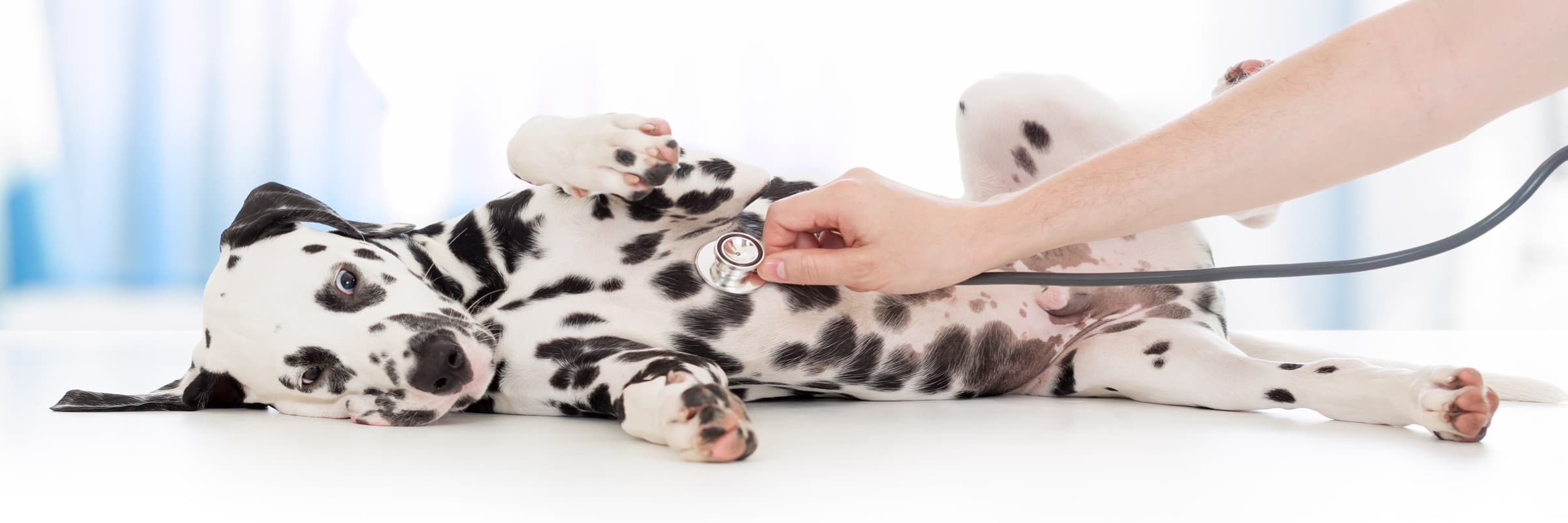What to Look For When Looking For Dog Food Poison Symptoms

Dog food poisoning symptoms are not the same as human food poisoning. Here's an overview of what to look for and how to treat them if you suspect your dog has ingested anything that might be toxic. Most foods can cause some of these symptoms but many contain toxins or chemicals which are too large to be absorbed by the dogs digestive system. Here are the top food poisoning symptoms for dogs.
Nursery cough is one of the most common symptoms of food poisoning. The term comes from the fact that kennel cough is often associated with animals that have been quarantined for a while, in kennels and other facilities. When they get sick, they often clear their throat this way. Nursery cough can be transmitted to humans and children, and there are ways to stop its spread.
Colds are very dangerous and should not be taken lightly. Dogs can become infected with the bacteria that cause disease through contaminated food. The most common source of bacterial contamination is contaminated fruits or vegetables. Raw eggs are also susceptible to this disease and can cause serious problems in humans or children.
Dogs often eat small amounts of spoiled or contaminated food and then vomit. It is not uncommon for dogs to eat foods such as canned food and processed meats because these foods are easier to digest. Dogs with diabetes are more likely to suffer from this type of food poisoning because the body cannot process sugar properly.
Dogs can suffer from vomiting or diarrhea depending on what their diet consists of. If your dog's diet consists of meat, he may become dehydrated and vomit. Dehydration can cause dehydration and shock, and diarrhea can cause stomach cramps. You must show your dog to a veterinarian immediately to prevent further complications.
Dogs can also experience weakness, fatigue, and vomiting. If they feel weak, they may feel weak, lethargic, and limp. If you notice any signs of fatigue in your dog, you should make an appointment with your veterinarian right away. Another symptom is digestive problems and if you see blood in your dog's stool, you should immediately show it to your veterinarian. This is another sign of dehydration and kidney failure to urinate.
In severe cases of dog's diarrhea, the animal may refuse to eat and drinking water may be difficult. You should also be concerned if you find blood in your stool. If you notice this, see your veterinarian immediately and have your dog checked.
If your dog shows any of these symptoms, take him to the vet right away and let them stay overnight in a hospital so they can be monitored. If your dog is suffering from dehydration, try to flush it with water. Also make sure to keep their eating schedule limited and get them medical attention if they seem to be experiencing any unusual weight loss.
To help prevent further animal poison symptoms from occurring, you should also make sure that your pets are eating a good diet that is high in fiber, protein, vitamin C and a little bit of iron. These foods help your pets to be able to digest their food better, which will prevent further sickness.
If you notice any symptoms in your dog, contact your vet right away. Once your pet has been diagnosed with food poisoning, the vet will provide you with proper medication. The medication may come as a pill, liquid supplement or injection.
Always consult with your vet before taking any medication. Some medications can interact with other medications that you may be taking and could cause some type of negative reaction. Some medications have side effects that can be serious.
Be sure to give your dog a homeopathic remedy that is made specifically for your dog's food poisoning symptoms. Don't use any over-the-counter medication. Only your vet should administer these over the counter medications. Using over the counter remedies can cause your dog to develop allergies which will further complicate their problem.

